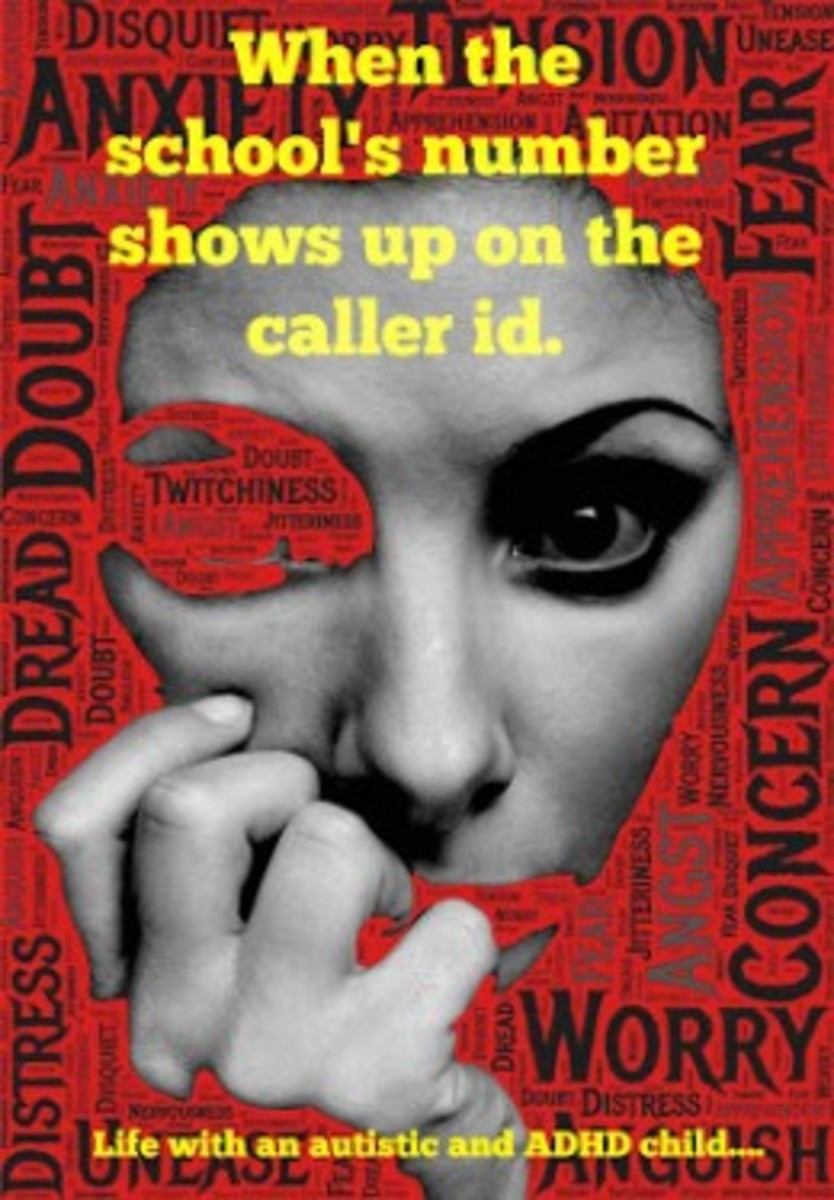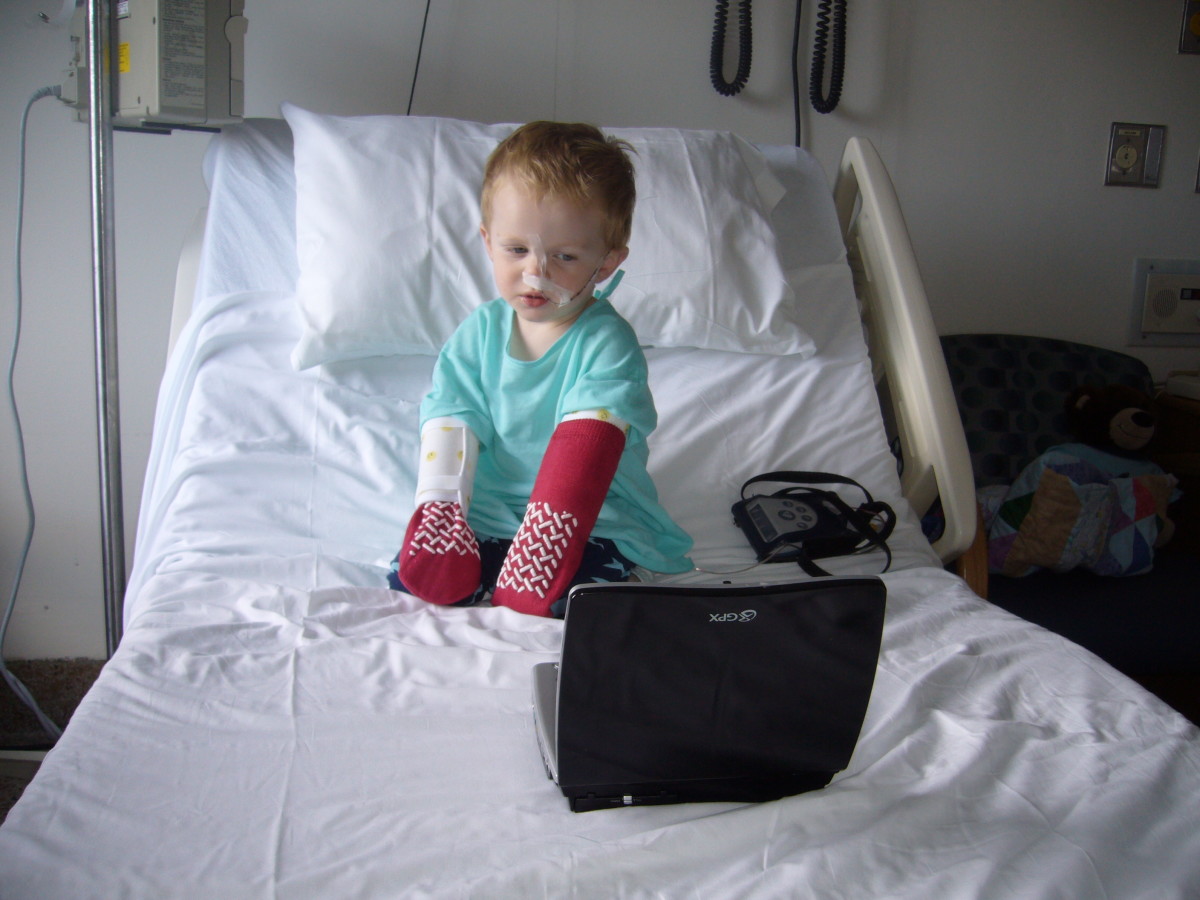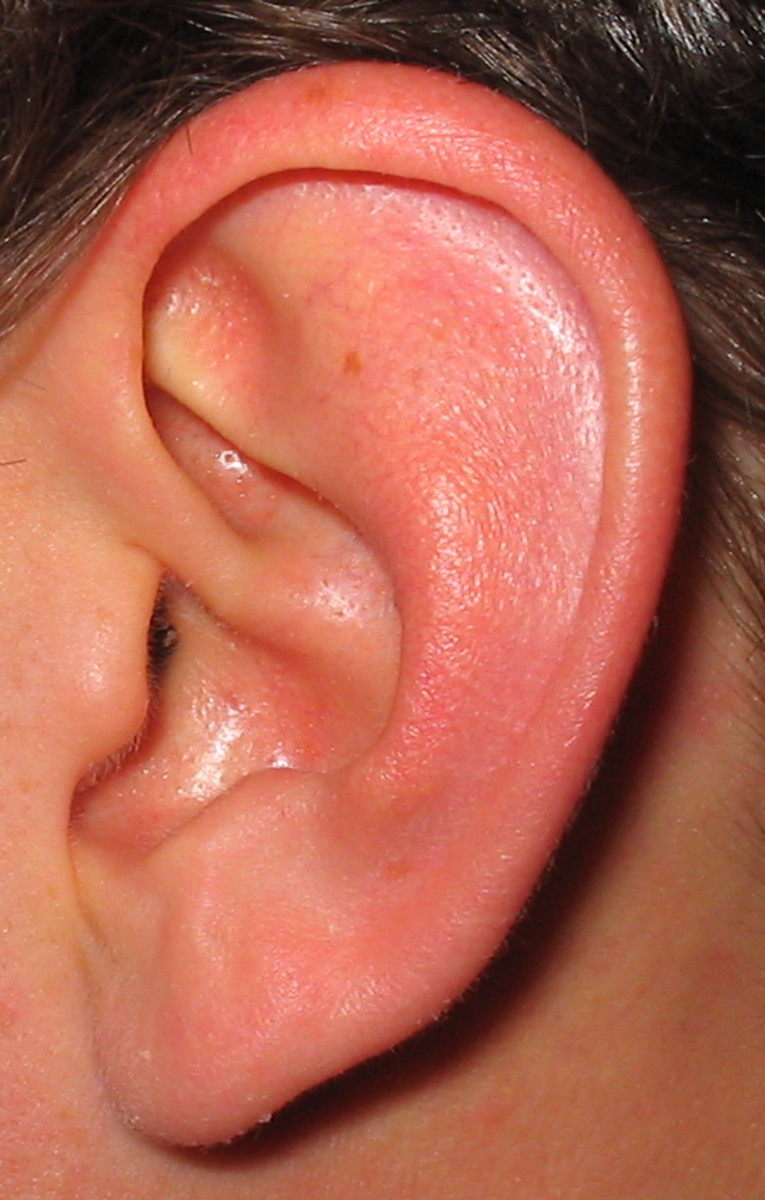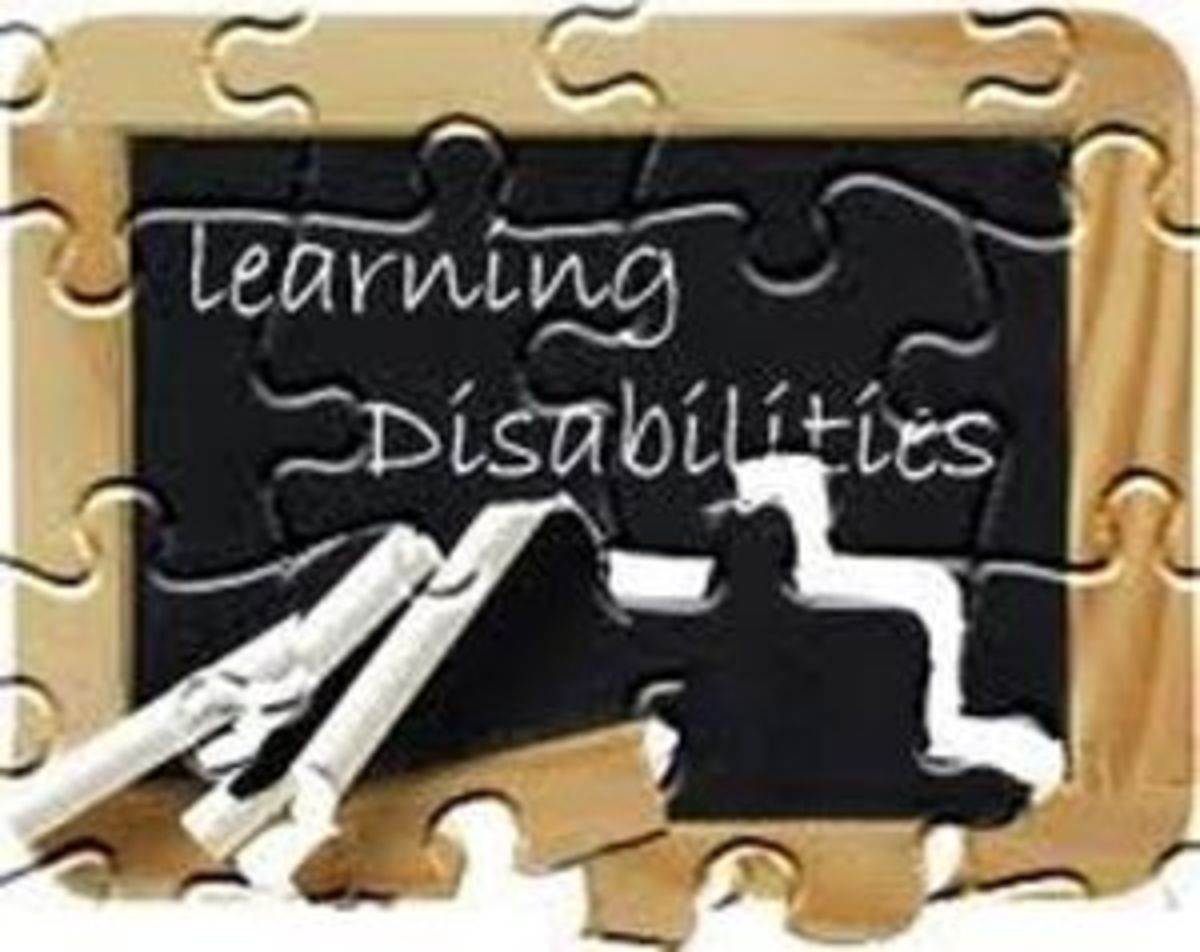The Best Early Infant Care

The First Thee Months On the Outside
A have a colleague that operates a private brain institute in the Midwest and is researching and mapping the function of every sector of the human brain. Partners of the psychiatrist (an M.D., as opposed to a psychologist) are a spouse, a sibling and a small staff.
The results of over a decade of ongoing research in this long term study have not yet been published, so I will not reveal all of the details in this presentation. However, these dedicated professionals travel to Midwest conferences of various sorts and offer poster presentations, after which they open discussion groups for the day.
Many scientists, writers, and artists attend these groups and they are open to the public. The newest update in this research will come to my town in May, 2008. Thus, I feel secure in offering you the following findings - some of them already in scientific journals - along with some interpretation of my own for your consideration.
For physically-based mental disorders, this psychiatrist states, "The brain is broken."
Can it be fixed? Yes, to a greater extent that previously thought in many cases. We now know that an injured brain continues to heal until death, perhaps decelerating in magnitude, but healing nonetheless. Further, gray matter may indeed stop growing, but white matter picks up growth in the adult until death.
Can broken-ness be prevented? Much of it, emphatically YES, in the first quarter of life outside the womb.
Infant Mental Health
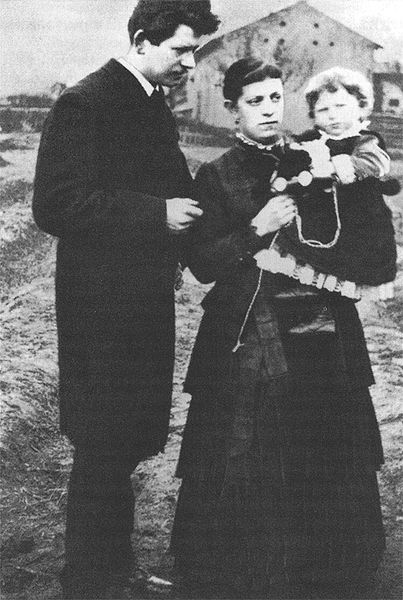
Mentally Healthy Babies
Mental health is established in the first three months of life post-partum and grows thereafter. Damage is done by
- physical injury, disease, malnutrition, or lack of touching the baby, and
- interference with and interruption of a consistent close bonding of mother and child for at least 94 days.
In certain parts of Africa, at least, a mother and new infant are housed separately in a small hut or house apart from all other family members, even the husband and other children. Trusted female relatives may enter the separate abode to help, but they do not take the baby except for the mother to take care of hygiene and toilet needs. The infants largely grow up with good physical and mental health.
One type of damage that can be done to a first-quarter baby is neurological. This damage is done by the presence of a physical interference with the mother-child bond - somebody noses into the matter trying to "help" with help that does not help.
This damage can also be done by the presence in the living area of
- an abusive and/or controlling person ("control freak"),
- a person that suffers an untreated Severe Mental Disorder (SMD), or
- a person that suffers and is not treated appropriately for alcoholism, substance addiction, food and other addictions, Dual Disorders (2 or more SMDs), personality disorders, or Obsessive Compulsive Disorder.

Tabla Rosa and Wet Cement
This is not to say that the child can never be around these sorts of things later, but don't allow it in the first three months. Follow that course and the child will be much less adversely affected later. They will be more hardy and resilient.
The baby's neurology is not complete upon birth! Some people call the baby's brain and personality the Tabla Rosa (blank slate). I don't know if that is so, considering genetics.
The infant certainly will have the 100 billion brain cells, on average, that the adult has; but they will be smaller.
The brain grows because neurological connections connect up physically and build up. These connections connect up wrongly in the presence of disease, malnutrition, physical injury, or the psychiatric conditions of others people in the baby's environment in the first three months of infant life.
Think of a wet cement sidewalk. It needs time to set. Someone comes over and marks it up with hearts and hand prints, graffiti, even obscenities and the sidewalk sets like that - it cannot be fixed without drilling it up and starting over.
The baby's neurology also often cannot be fixed once damaged in the ways described above, insinuating themselves on the baby's brain and preventing healthy connections - sometimes helped with medication later, sometimes not; but, stem cell research may hold the answer in the future.
Have a Healthy Baby
Increase Your Chances of Having a Healthy Baby
Based on the above findings, in the following list are the best precautions to help ensure a healthy baby. They are not politically correct and I do not claim to accept them all, but this is the way it looks. Some of them are difficult or even impossible. For the possible-but-difficult actions, three months (94 days, just to be cautious), is not forever.
- Parents should be free of Severe Mental Disorders. Even if medication helps, the medication the mother takes goes to the baby, adversely affecting the fetus.
- Ladies, do not have a baby with an alcoholic or substance abuser, even if recovering (or if you fit that suffering and recovery yourself). If you insist, then you/your partner should undergo genetic testing to look for mutations caused by the drugs or alcohol that might be passed on. In addition, smoking, drugs, and alcohol can adversely affect sperm in a number of ways. So, planning is important.
- Both parents should cease all smoking, alcohol intake, and other substance use six months before attempting to conceive, through the entire period of breast feeding. Why the dad, too? These things can enter the blood stream of the mother through contact with the dad.
- Mandatory 13 weeks of maternity leave for the mother if she is working.
- Maternal commitment to three months of undivided attention to the baby.
- Breastfeeding for at least the first three months. This imparts immunity and security to the child that together can prevent allergies, asthma, and other conditions.
- Recent medical information states that older fathers may produce babies prone to asthma and ADD/ADHD, so the father should not be over 40 (optimum is about 35).
- For everyone considering pregnancy, please consult a trusted, knowledgeable doctor or nurse practitioner first. Get your family health histories as much as possible. Undergo genetic testing, if you have any doubts. Take the precautions that you feel that you can take and make your own decision about whether to have a baby or not. Please know that you can do everything right and your baby still develop a problem; but you can handle it, I'm sure and there are people and organizations ot help.
- Above all, stay informed about medical, health, and education news concerning the care and raising of your new baby and use what works for you.




